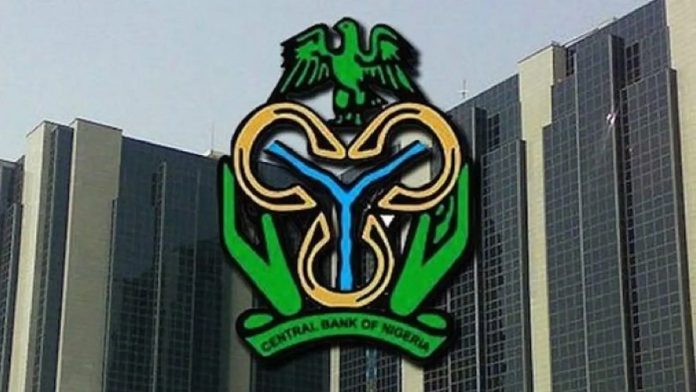Nigerian Treasury Bills Yield Climbs to 4.44%

Share this Post
The average yield on Nigerian Treasury bills (NTB) climbed as market participants initiated fresh selloffs on mid-tenor instruments as though the cash level in the market steadied on Thursday.

The real return on treasury investment worsened as the inflation rate spiked to 21.91% in February following a cash crisis spillover on business activities and uncertainties in the financial markets over weak macroeconomic indicators.
Consequent to bearish trading activities in the secondary market, the average yield expanded by 4 basis points to 4.44%, traders said in an email to clients.
Across the curve, Cordros Capital told clients that the average yield was flat at the short and mid segments but expanded at the long end of the curve with a 7 basis points spike in yield.
Analysts said market participants sold off the 182-day to maturity, resulting in 62 basis points yield uptick. Elsewhere, the average yield was flat at 3.0% in the OMO bills segment.
Despite pressures on the funding profile, short-term benchmark rates in the money market were unchanged. Market data showed that Nigerian Interbank offered rates rose as banks with liquidity sought higher rates.
The yield on Nigerian Treasury bills is expected to rise as more issuance comes to the market. However, liquidity position in the market remains core driver of demand, which often affect spot rates. At the Primary Market Auction (PMA) conducted by the Central Bank of Nigeria on Wednesday, it placed ₦224.5 billion on offer across tenors.
Analysts spotted strong buying interest across all instruments, as the gross bid-to-cover ratio printed at 4.0x, stronger than the prior auction (1.4x). The 91 and 364-day bills recorded the most interest with a bid-to-cover ratio of 4.2x apiece while the 182-day bill demand printed at 1.1x.
Stop rates across the 182-day and 364-day instruments improved, rising by 276 basis points and 10 basis points respectively to 2.8% (182-day), and 10.0% (364-day). On the other hand, the stop rate declined on the 91-day bill by 156 basis points to 1.5%.
However, short-term benchmark rates, such as the open repo rate (OPR) and the overnight lending rate (OVN), stayed flat at 10.50% and 11.01%, respectively. Financial system liquidity closed at a net long position of N574.03 billion, according to Cordros Capital.










